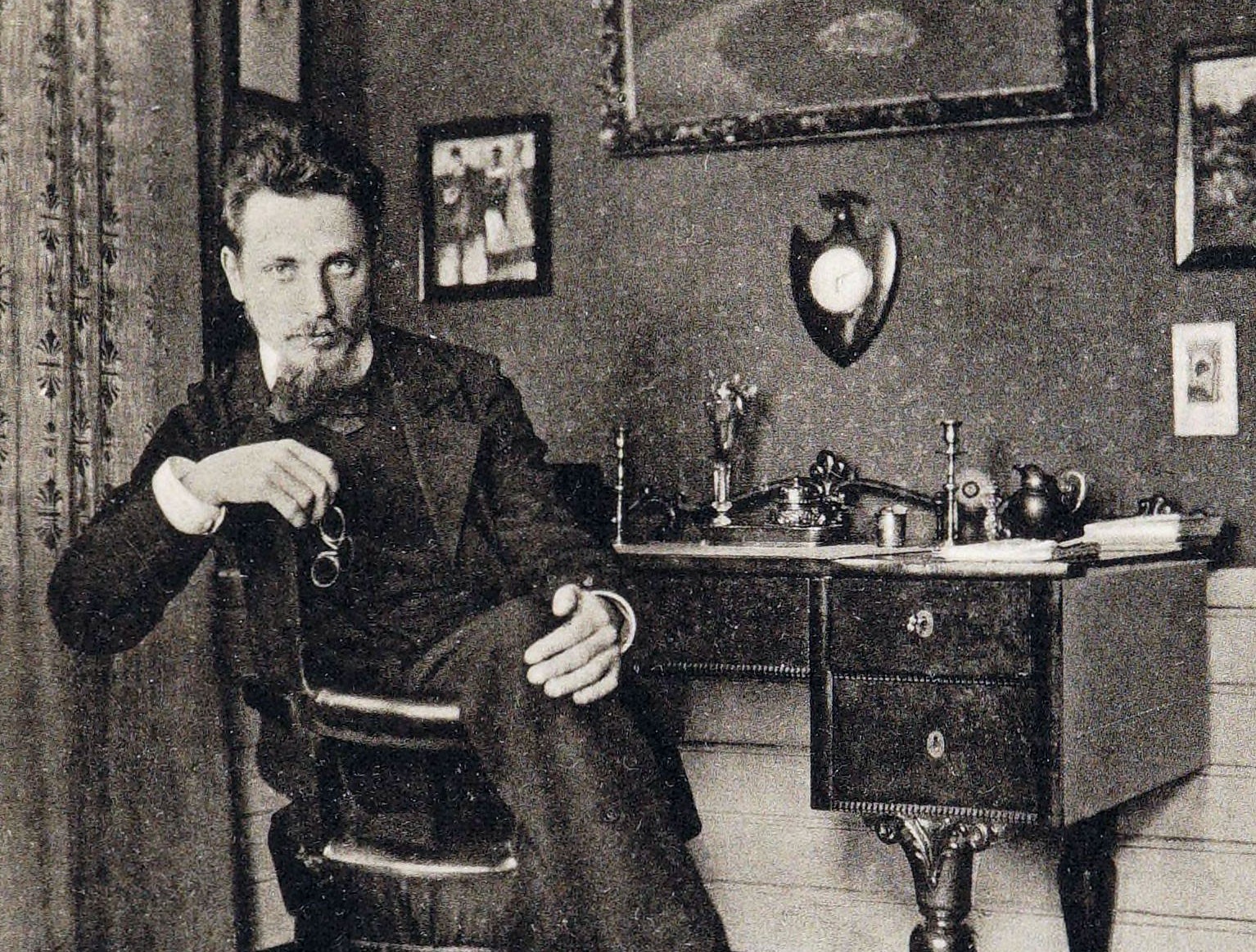
Distractedly we pilfer the honey of the visible to collect it in the big golden hive of the invisible. Transform? Yes, for it is our duty to imprint so deeply, so patiently and passionately into ourselves this provisional, perishable earth, that its reality can rise again in us “invisibly.” We are the bees of the invisible. The main point is, not only not to speak ill of or put down the Here, but precisely because it is provisional (which it shares with us), to comprehend and transform its appearances and things in a most intimate understanding. Nature, the things we are associated with and use, are provisional and perishable things but they are, as long as we are here, our possession and our friendship-confidants of our distress and of our rejoicing, as they have already been the intimates of our forebears. Not into a Beyond whose shadow darkens the earth, but into a whole, into the whole. but in a purely earthly, deeply earthly, blissfully earthly consciousness, we must introduce what we see and touch here into the wider, widest range.


And so all the configurations of the Here are to be used not only in a time-bound way, but adjusted, insofar as we can, to those superior meanings in which we have a share. Transitoriness everywhere plunges into a deep Being. In that greatest “open” world all are, one cannot say “simultaneous”, for the very falling away of time implies that they all are. We of the Here and Now are not for a moment satisfied with the Time-World nor bound in it we are forever flowing over and over toward those who preceded us, toward our origin, and toward those who seemingly come after us. The true shape of life reaches through both spheres the blood of greatest circulation flows through both: there is neither a Here nor a Beyond, but the great unity in which those beings which transcend us, the “angels”, are at home. We must try to achieve the greatest consciousness of our existence, which is at home in both unlimited realms, from both inexhaustibly nourished. Death is the side of life turned away from us and unilluminated by us.

Affirmation of life AND death turns out to be one and the same thing in the “Elegies.” As experienced and celebrated here, to acknowledge the one and not the other would be finally to shut out all that is infinite.

At the hand of the poems themselves, however, may not many things perhaps attempt clarification? Where to begin? And is it I who should be allowed to give the Elegies their correct explanation? They reach out intimately beyond me. Here, dear friend, I venture to say scarcely anything, myself. (Edited by me to remove a few less relevant points. The polish translator of the Duino Elegies wrote to Rilke asking several questions regarding the Elegies.


 0 kommentar(er)
0 kommentar(er)
